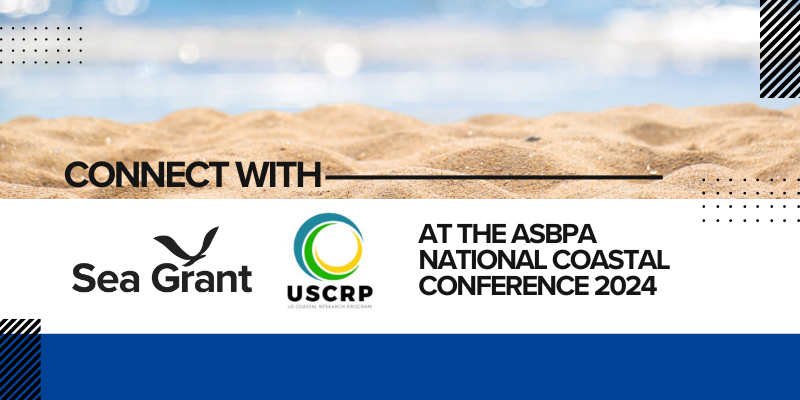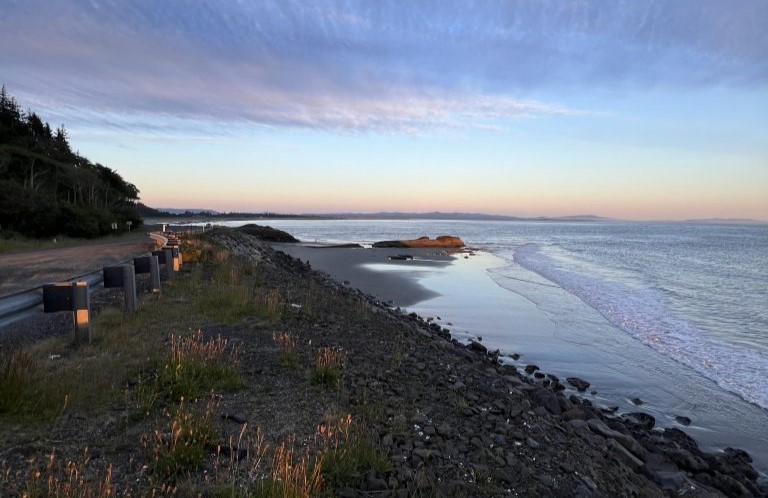Massachusetts Institute of Technology Sea Grant, Woods Hole Sea Grant
The devastating power of nor’easters in Massachusetts has been visible for many recent winters; also we only have to remember Hurricane Bob in 1991 to know that hurricanes also have significant impacts on our coast. Homeowners needed a resource to guide them on practical measures that can keep them safe and minimize damage to homes and property, as well as information that covers hurricanes, as well as the more common coastal hazards for Massachusetts, including nor’easters and flooding. The Massachusetts Homeowner’s Handbook to Prepare for Coastal Hazards was developed collaboratively with the Massachusetts Emergency Management Agency (MEMA), Massachusetts Office of Coastal Zone Management (CZM), Federal Emergency Management Agency (FEMA), Massachusetts Department of Conservation and Recreation (DCR), Barnstable County, and the two Massachusetts Sea Grant programs, MIT Sea Grant (MITSG) and Woods Hole Sea Grant (WHSG). A key priority of this project partnership is increasing the resiliency of coastal communities to coastal hazards. One major component of strong communities is enhancing individual resilience and recognizing that adjustments to day-to-day living are necessary. This book is designed to promote individual resilience, thereby creating a fortified community, and specifically to help homeowners prepare for coastal hazards to reduce risks to family and property. All 5,000 of the handbook were distributed the previous year. In December of 2014 the handbook was updated and 10,000 copies were printed. Over 4,000 of the new edition have already been distributed as of the end of this fiscal year. The resource has provided information about coastal hazards in addition to guiding over 4,000 residents this year (9,000 in the last 2 years) on practical measures that can keep them safe and minimize damage to homes and property. While it is never possible to eliminate all potential damage from a natural hazard, homeowners can take action and implement many small and cost-effective steps that could significantly increase their resiliency. 4,000 free hard copies were made available at all town offices on the Cape and Islands as well as many additional towns throughout Massachusetts. The Homeowners Handbook to Prepare for Coastal Hazards will be updated periodically and is available as a free download.


